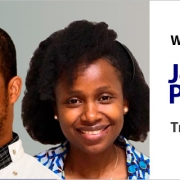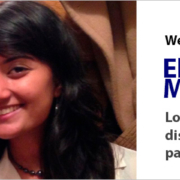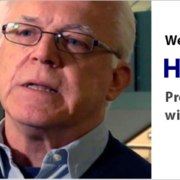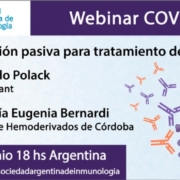Impairment of the immunological and neurological synapses by respiratory viruses. Implications for vaccine design.
Respiratory viruses are a leading cause of bronchiolitis and pneumonia worldwide, due an inefficient viral immunity even after disease resolution. These viruses can cause severe symptoms both in the respiratory and nervous systems, such as bronchiolitis and encephalopathy, respectively. We have observed that some respiratory viruses prevent the proper function of immune cells, such as T cells and dendritic cells, by impairing the immunological synapse assembly between these cells. Inhibition of the immunological synapse could work as a major virulence factor by impairing host immunity and enhancing susceptibility to reinfection. Further, respiratory viruses can cause a learning impairment due to inflammation at the central nervous system. Due to alterations on the blood brain barrier after infection, elements of the immune system enter the CNS impairing the normal function of neurons and astrocytes in the host. Based on these data, we have generated novel vaccine approaches to strengthen the immunological synapse leading to protective immunity against these respiratory pathogens and preventing CNS damage. These findings have permitted us to design a vaccine for SARS-CoV-2, which is currently in preclinical evaluation.













